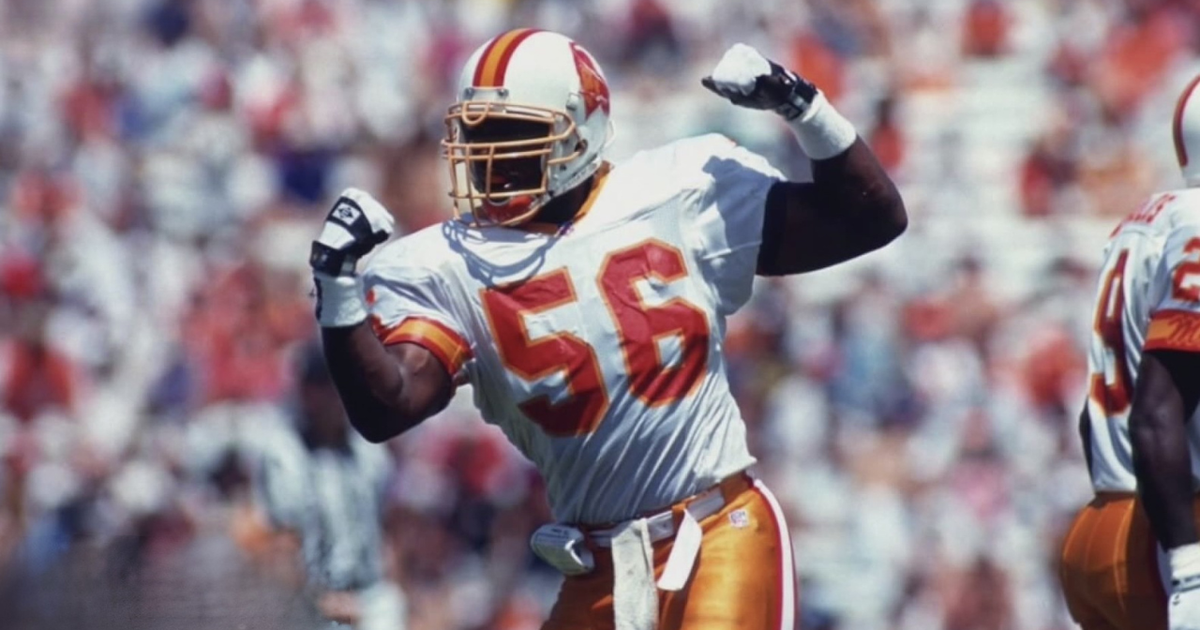Sports NFTs are popular, but are they a winning investment?
Gone are the days when a sports buff walks into a store, buys a pack of Topps trading cards and stumbles upon a one-of-a-kind baseball collectible. Today's card collectors have shifted their attention — and dollars — to sports non-fungible tokens, or NFTs, that offer proof of unique ownership of a video, photo, audio snippet or other digital capture of an important moment in sports history
The popularity of sports NFTs has exploded in recent years, and people who sell the digital memorabilia say 2021 is just the tipoff.
The value of the broader NFT market is forecast to grow to $75 billion by 2025, from about $14 billion today, with much of the growth driven by the boom in sports NFT products, investment bank Jefferies said in a recent research note. One of the biggest sports NFT marketplaces, Dapper Labs, saw its annual sales nearly double to $700 million last year from $361 million in 2019, The Athletic reported.
At one point this year, weekly sales of sports NFTs in the U.S. reached $138 million, a McKinsey analysis found. While the volume of sports NFTs seems to have momentarily peaked in February, overall sales this year are still strong, McKinsey researchers Dan Singer and Ben Vonwiller said.
"Sports NFTs are a movement, not a meme," Singer and Vonwiller concluded.
Most of the activity and hype surrounding sports NFTs is taking place on a handful of websites where digital collectibles are sold.
Dapper Labs is perhaps the best-known sports NFT platform, gaining attention in 2019 after being named the official NFT marketplace for the National Basketball Association. Last month, the Canadian company also signed on to produce NFTs for the National Football League.
New York-based Candy Digital is another notable sports marketplace that handles NFTs for Major League Baseball. The company recently received a $100 million investment from SoftBank, gridiron legend Peyton Manning and others. Candy Digital has grown so popular that it's now valued at $1.5 billion.
Rarible, Mintable, Sorare and OpenSea all round out a growing list of places where sports fans have forked over thousands of dollars apiece for digital collectibles. Even the cryptocurrency trading platform Coinbase said last month it's launching a marketplace for NFTs, although the publicly traded company didn't give an exact unveiling date.
Sports NFTs are selling like crazy because fans have always wanted to buy exclusive tokens tied to their teams — like an autographed jersey or signed baseball bat — and this is just a digital extension of that quest, NFT creators said. In coming months, sports NFTs will be integrated into video games and paired with rare trading cards, making the items even more popular, the creators said.
"People are going to get physical memorabilia with a NFT and that would guarantee the authenticity and the digital scarcity of it," said Christian Ferri, CEO of California-based NFT Pro.
Athletes cashing in
Sales of sports NFTs are poised to grow even larger, Ferri predicted, because individual pro and college athletes are launching their own collectibles, separate from what teams or leagues are doing.
For example, NBA stars Zion Williamson and LeBron James have offered NFTs that sold for more than $100,000 each. Williamson's NFT is a video clip of him blocking an opposing player's shot, sending the ball into the stands at the Smoothie King Center in New Orleans. James' NFT is a video clip of him reverse-windmilling a dunk at the Staples Center in Los Angeles.
On the college level, University of Alabama quarterback Bryce Young and University of Iowa basketball player Luka Garza launched their own NFTs earlier this year. An NFT of an animated artistic rendering of Young against a backdrop of roses is priced at 0.1 Ethereum, or $477 at current cryptocurrency exchange rates.
Zach Bruch and Trevor George, the founders of an NFT marketplace for collegiate athletes called NFTU, are expecting more players to sell NFTs now that NCAA rules restricting player endorsement deals and cashing in on images and likenesses have been loosened. For athletes, it's a new way to earn money. For sports fans, it's "a new asset class for investors to get involved in," Bruch said.
Investor beware
The sports world isn't the only space hoping to benefit from NFTs. Major consumer companies from Coca-Cola to Yum Brands have invested in the technology, looking to create new revenue streams.
Toymaker Mattel has an NFT platform for Hot Wheels. Campbell's Soup began selling 100 NFTs in July as part of a rebranding campaign, Ad Age reported. McDonald's in October launched a limited series NFTs of the McRib as part of promotional giveaway for the sandwich's 40th anniversary.
Also last month, ViacomCBS said it's partnering with collectibles platform Recur to "create a unified environment where fans can buy, collect and trade NFTs as digital products." (ViacomCBS is the parent company of CBS News.)
In the sports realm, while some fans are buying NFTs just to show their support for a favorite player or team, others are hoping their purchases will deliver big profits down the road.
That's a shaky strategy, investment advisers told CBS MoneyWatch, because it's tough to predict if a sports NFT will grow more valuable in the future. While NFTs are trendy, financial experts caution that no one should purchase one with the expectation that it will grow in value in 30 years.
"It's very hard to figure out the future value of something so new and so novel in the world," said Courtney Richardson, an investment adviser and attorney in Philadelphia. "They have the potential to be worthwhile, but in that same space it's extremely risky. It can be extremely valuable one day and the next day, it cannot."
Because any future worth of NFTs are a big unknown, Richardson advises investors interested in non-fungible tokens to tread sensibly, limiting those digital assets to at most 5% of their overall savings and investment portfolio. A smart investment player sees NFTs for now as "Hey, let me just dip my toe into this," she said.
Sports NFTs may not grow too much in value unless pro leagues like the NBA and NFL start giving fans exclusive experiences just because they have a specific digital asset, said Zach Binkley, a business professor at Loyola University of Chicago.
Binkley noted that the NBA recently offered two tickets to a Milwaukee Bucks game to fans who could show 12 specialized NFTs. More experiences like that will help grow the value of sports NFTs, Binkley said.
"If there's constant utility and we can do things with these tokens, I think that the value is going to keep going up," he said.
Binkley, an expert in sports data analytics, said people shoul view sports NFTs as the digital version of the golden ticket from the movie "Willy Wonka and the Chocolate Factory." A rare piece of paper truly unlocks its value once a company assigns it a purpose, he said.
"The golden token is worthless unless it gives you access to the tour," Binkley said. "The access to the tour is what gives it its value."



